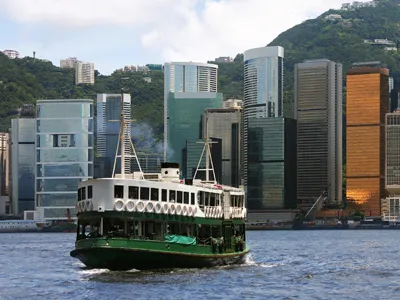
OOIL shocks market with 8.3% rise in Asia-Europe trade volume
This is amid dull demand from Europe.
According to CIMB, OOIL released a decent set of 3Q statistics, in line with its full-year expectations. It said that the current weakness in Asia-Europe demand and rates will be felt more keenly in 4Q but capacity management will keep slot utilisation high and mitigate the impact on profits.
Here's more from OOIL:
We maintain an Outperform and raise our target price as we roll it over to end-2013, still pegged to 0.9x P/BV, 1 s.d. above the 8-year mean.
Despite the continuing challenges faced by the industry in managing overcapacity, OOIL remains very well managed and full-year earnings should meet our forecasts.
Catalysts include a strong 2H earnings report. OOIL released its 3Q12 operating statistics yesterday, followed by an analyst conference call.
Average rates rose 7.2% yoy in 3Q12 while volumes were up 3.4%, leading to a 10.9% yoy rise in liner revenue. Most notably, 3Q Asia-Europe (AE) rates fell 3.7% qoq, partially reflecting the 14% fall in spot rates.
However, what surprised on the upside was the 8.3% qoq uptick in AE volumes despite ongoing demand weakness from Europe, leading to declines of 13% yoy in July and 11% in August for overall container exports from Asia.
Transpacific (TP) rates rose 5% qoq although volumes flatlined qoq due to the weak peak season. Intra-Asia/Australia (IA) rates and volumes were essentially also flat qoq while the Transatlantic trade saw a 3% qoq drop in volume and flat rates.
OOIL indicated that the ongoing rate and volume weakness in the AE trade will be felt in its 4Q numbers. It does not foresee significant pressure on TP or IA rates in 4Q although volumes should slow down seasonally.
The G6 alliance, of which OOIL is a part of, is actively adjusting deployed capacity on a weekly basis, helping OOIL achieve slot utilisation rates in the mid- to high-90s range.
The industry as a whole should find it very challenging to raise AE rates by US$500-550/teu as proposed for 1 November as there have not been sufficient capacity withdrawals.
However, with market leader Maersk recently cutting two loops to Europe, the industry should not return to the dark days of 2011 next year.

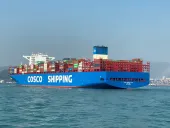

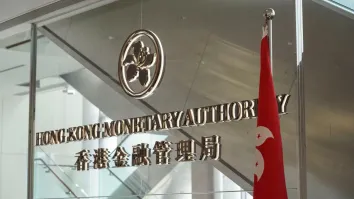

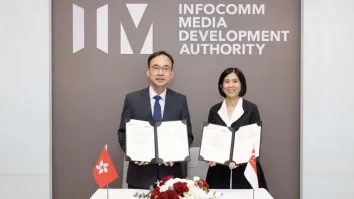
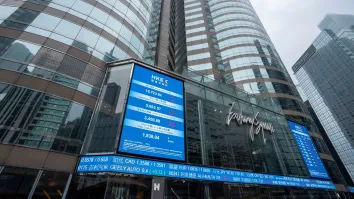








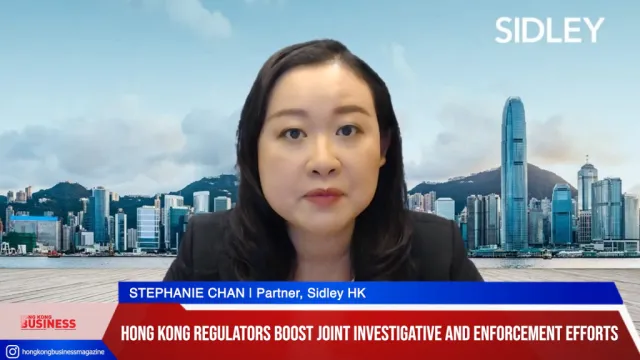
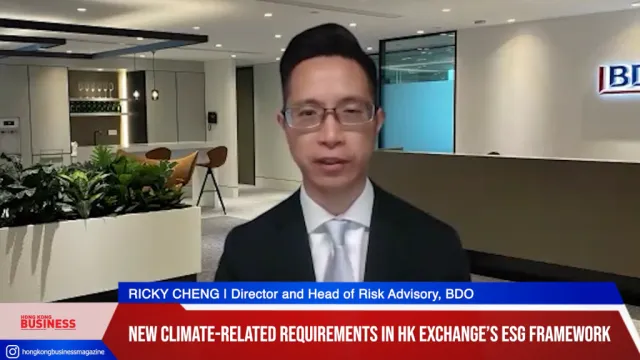
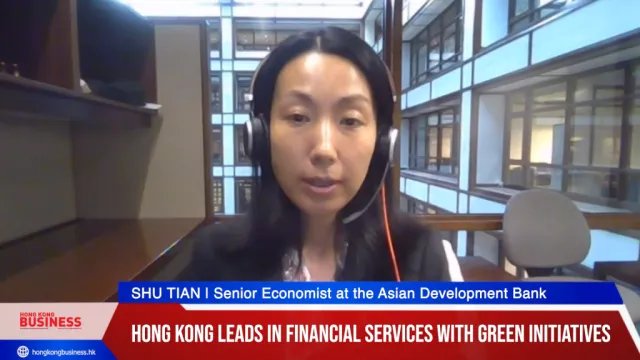
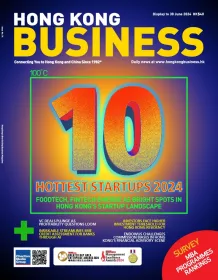
 Advertise
Advertise






